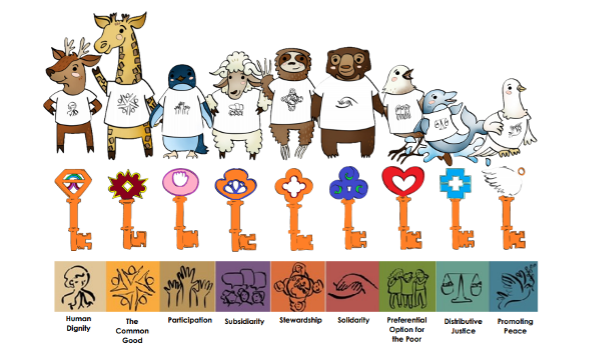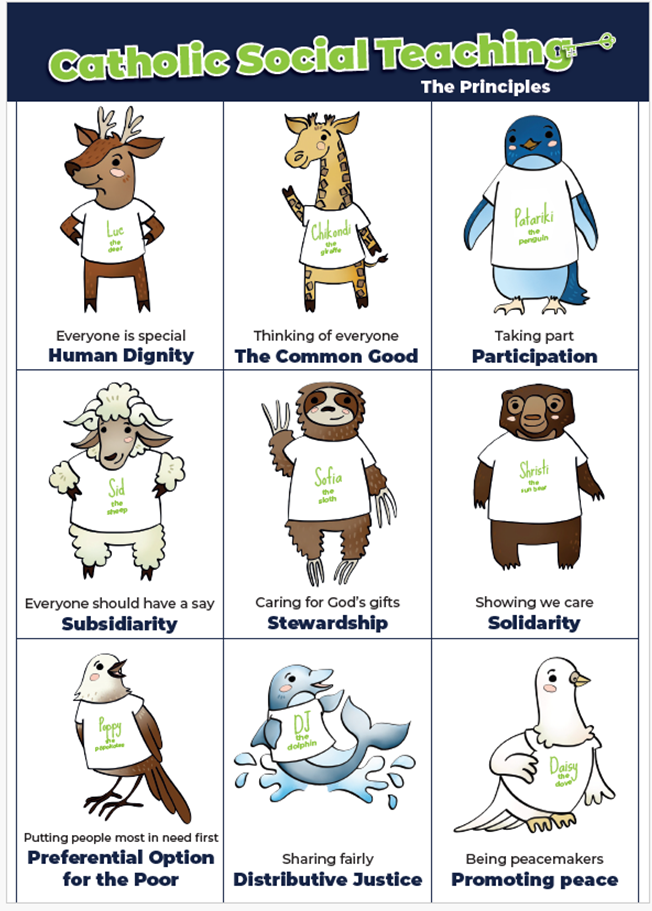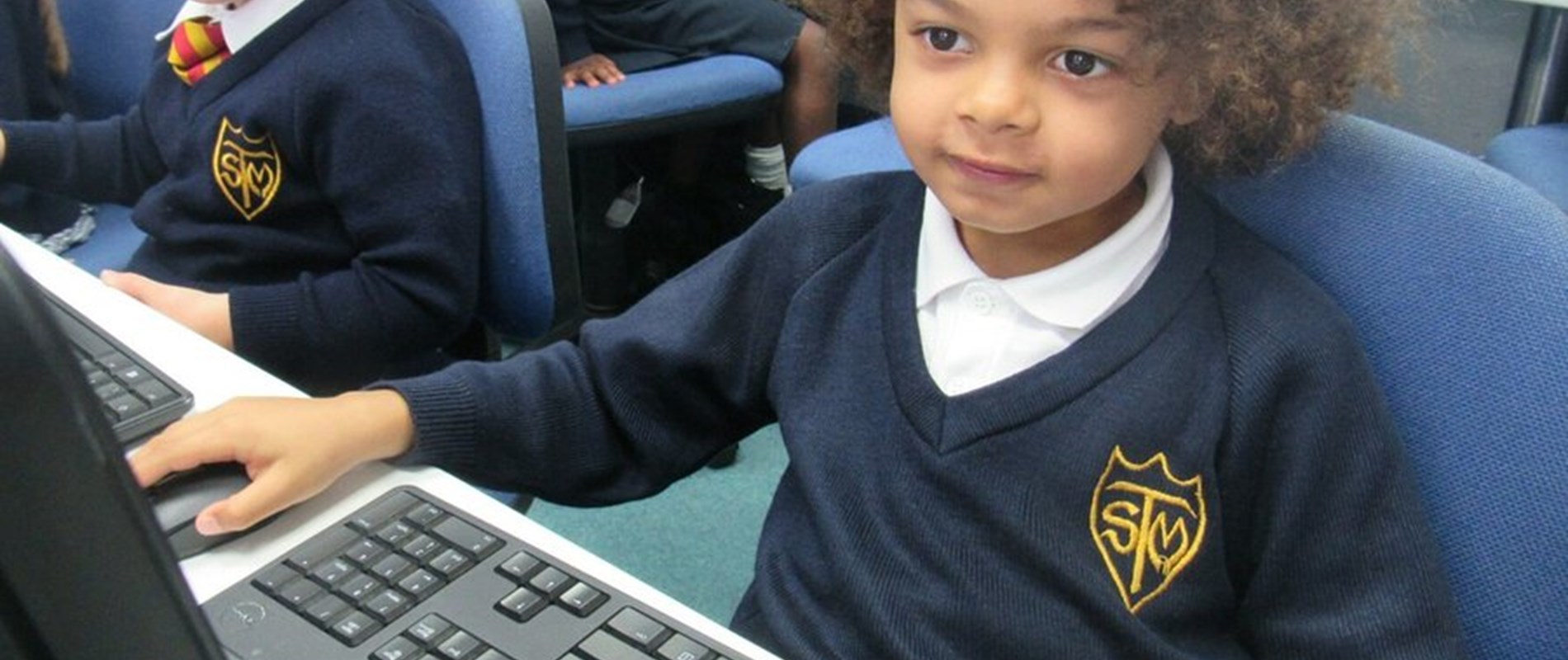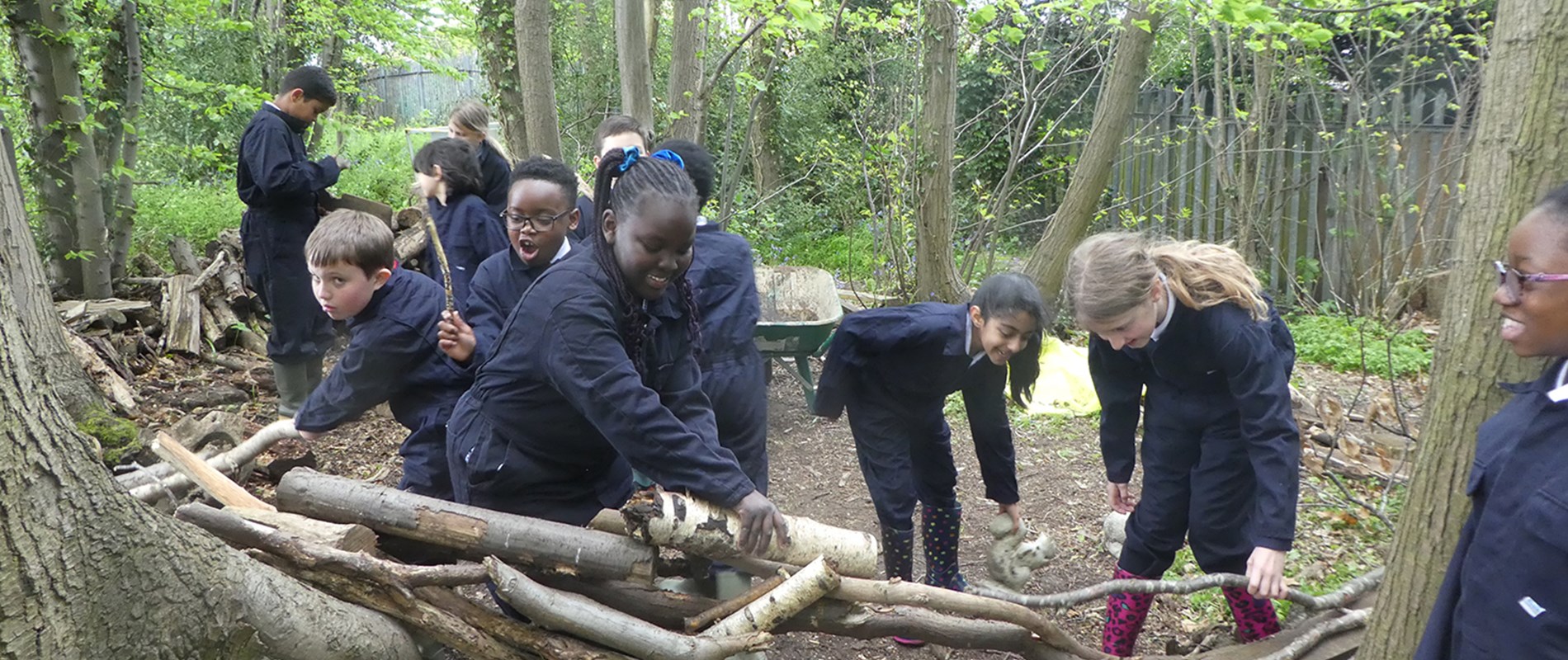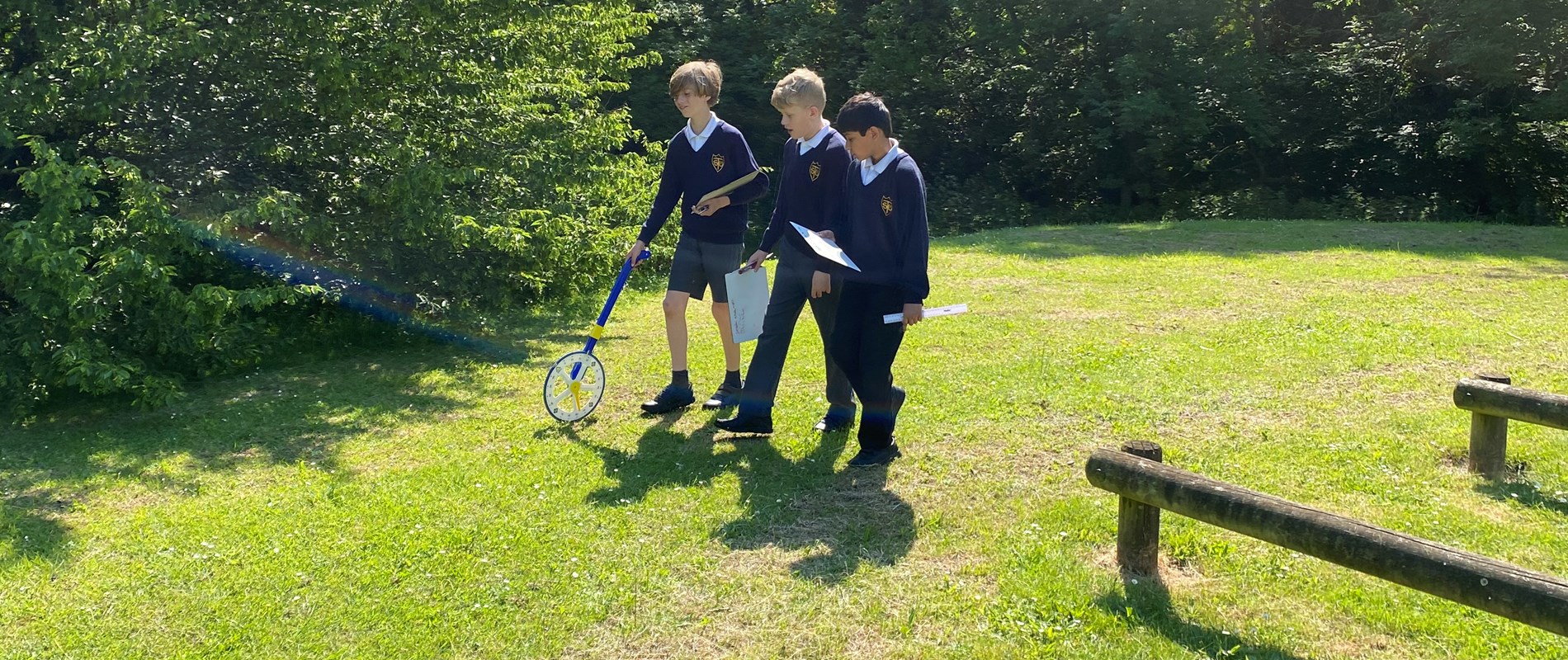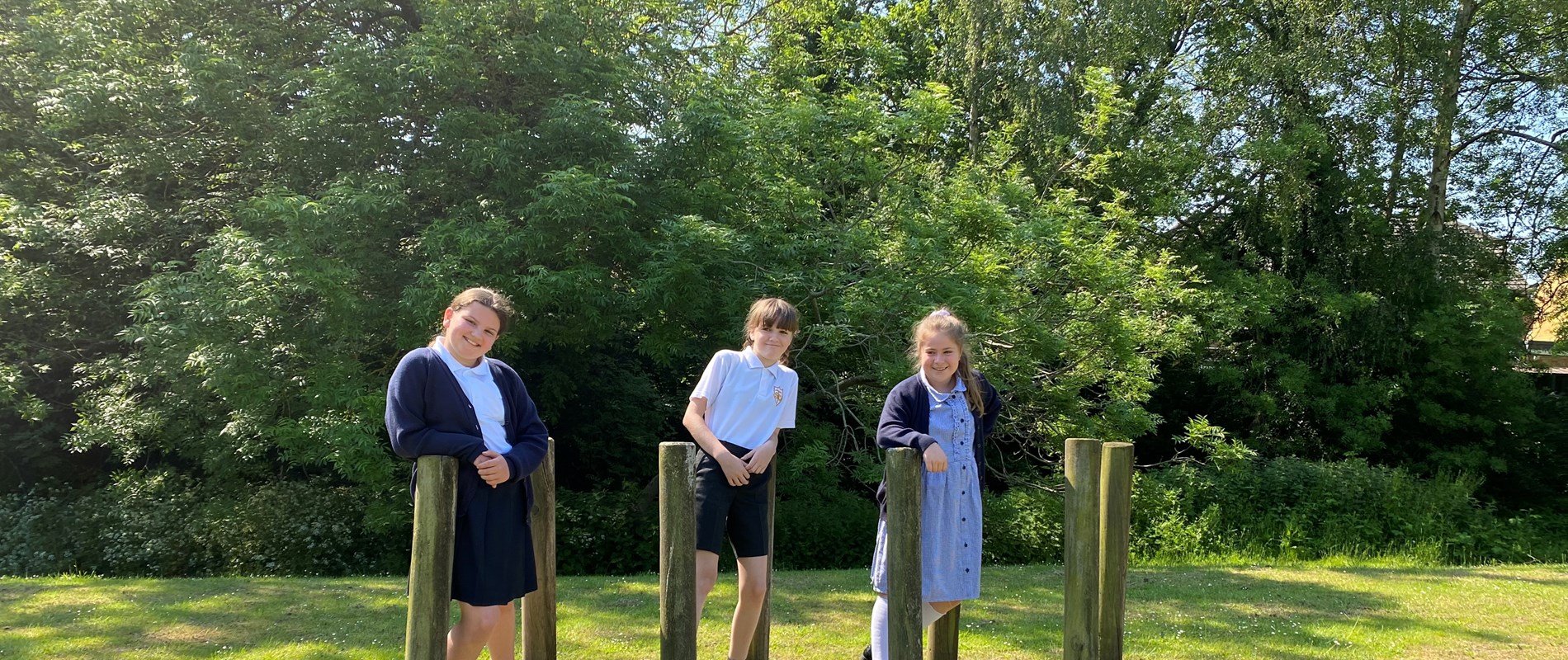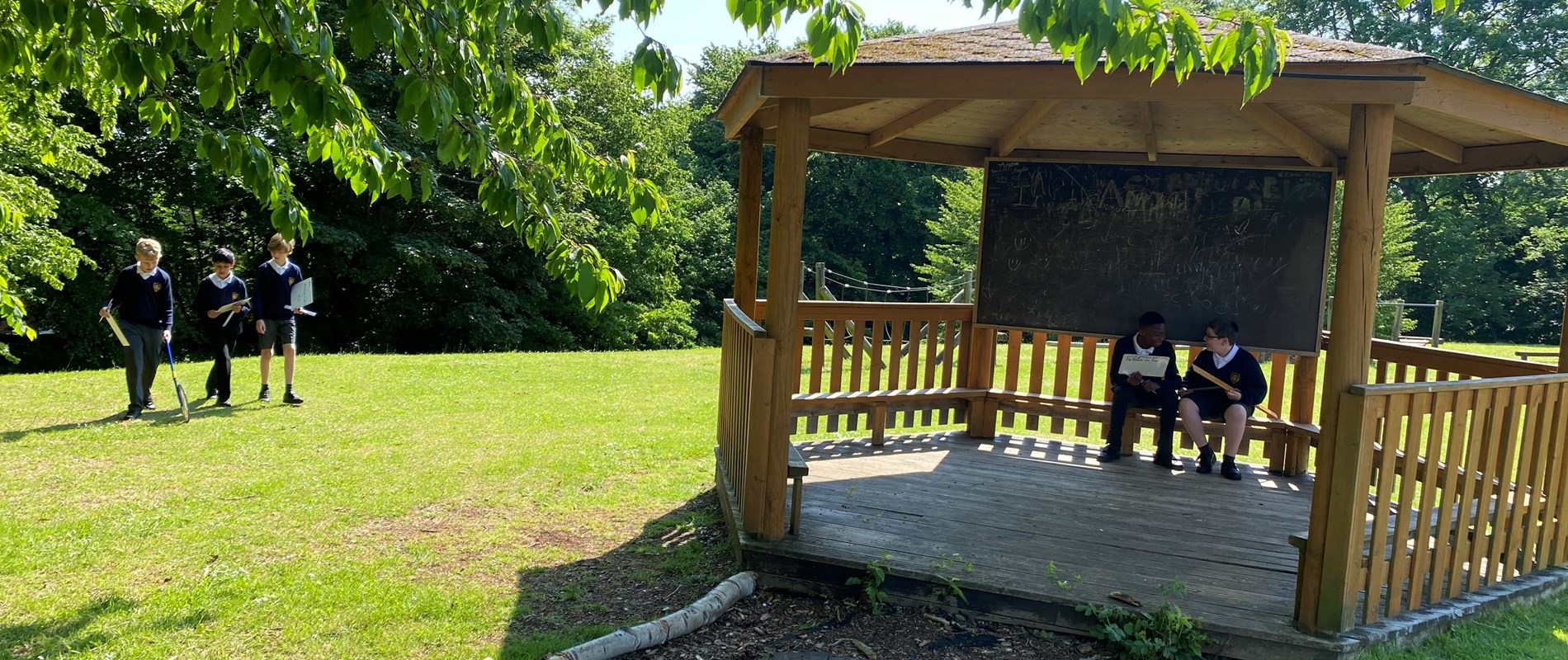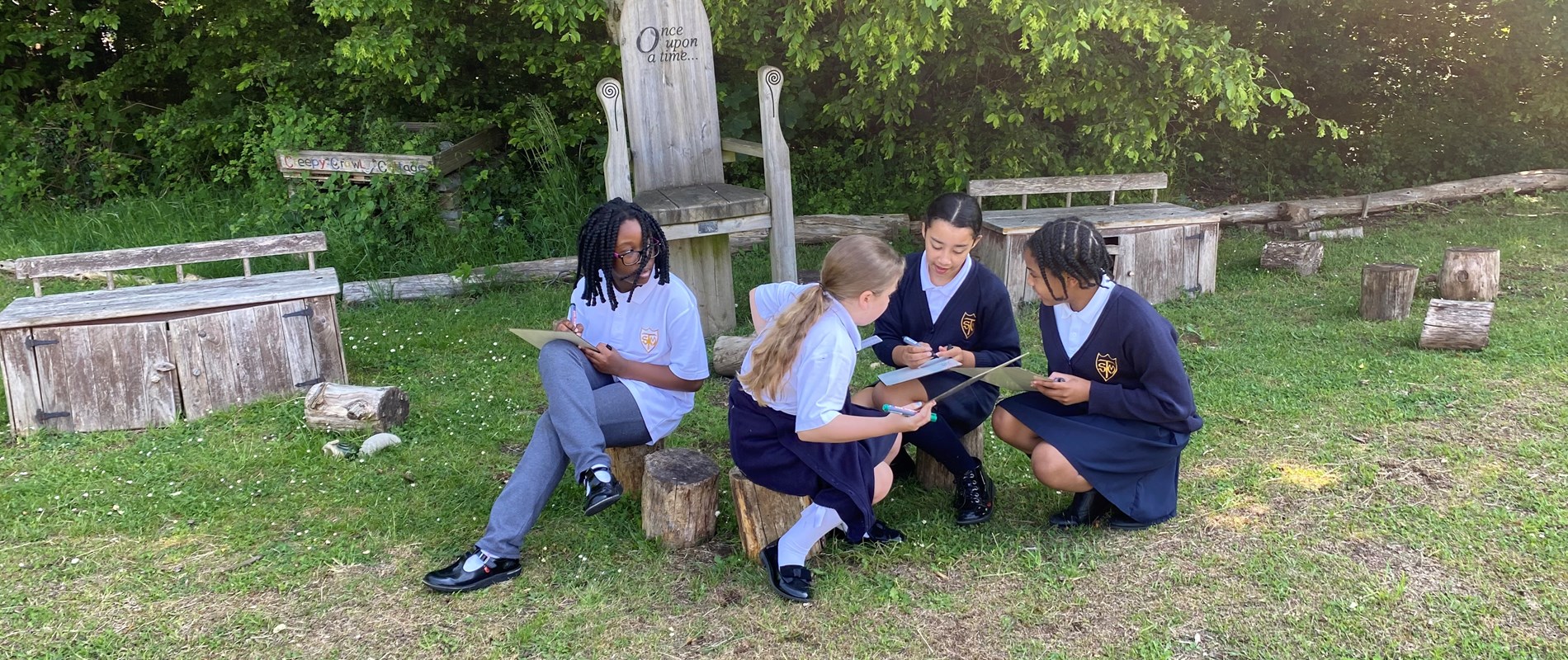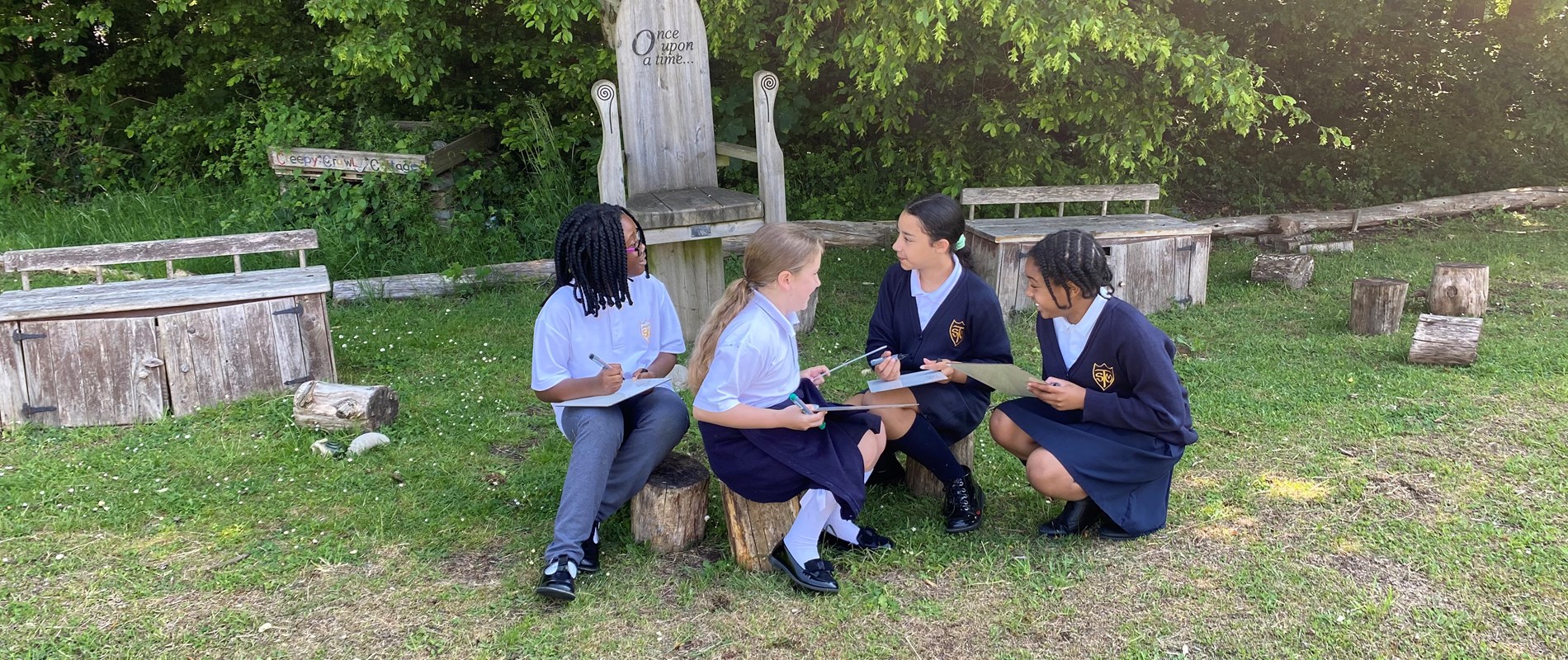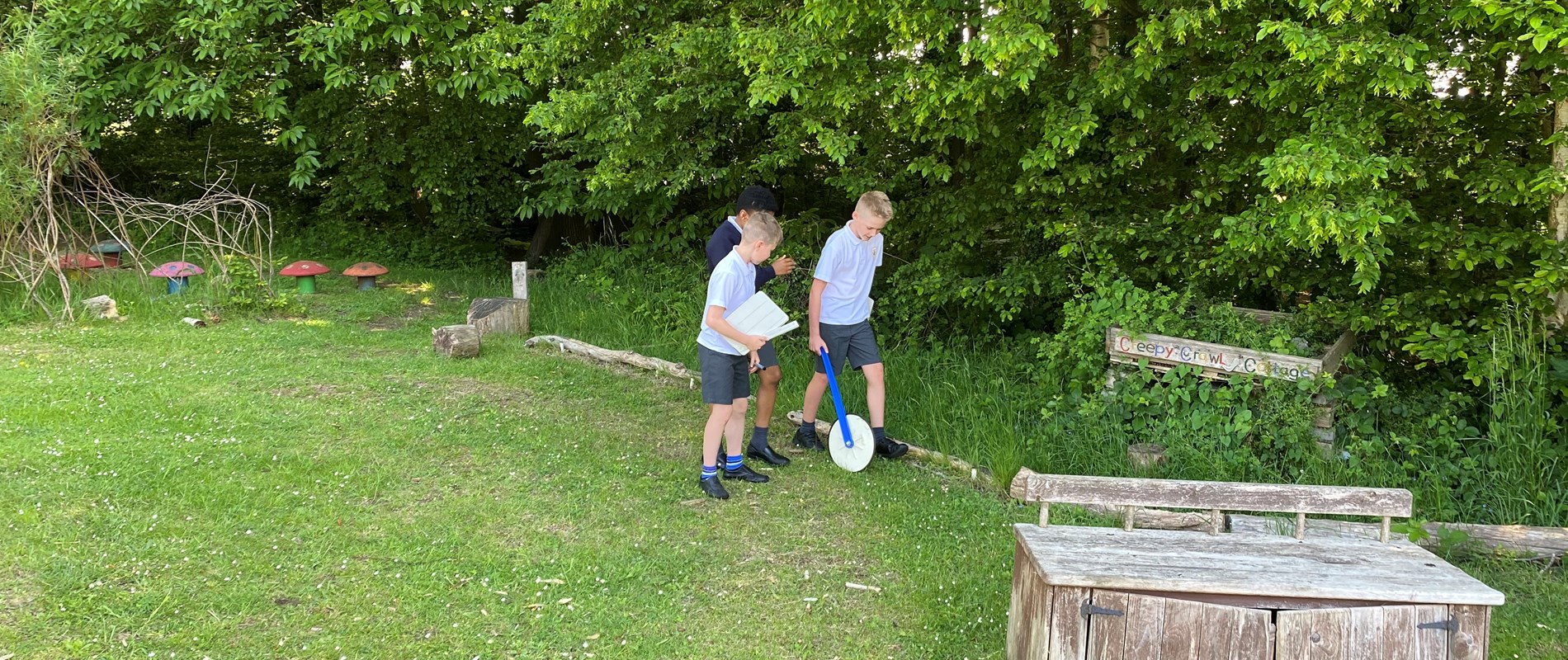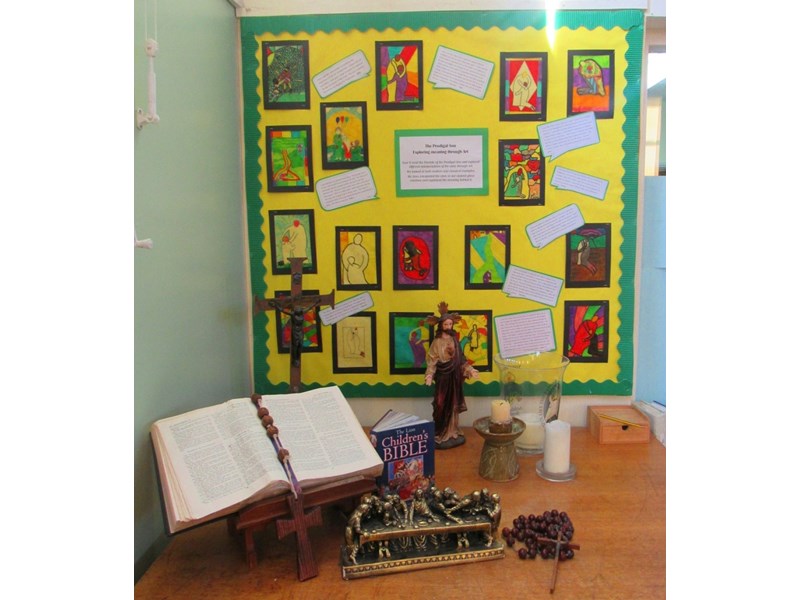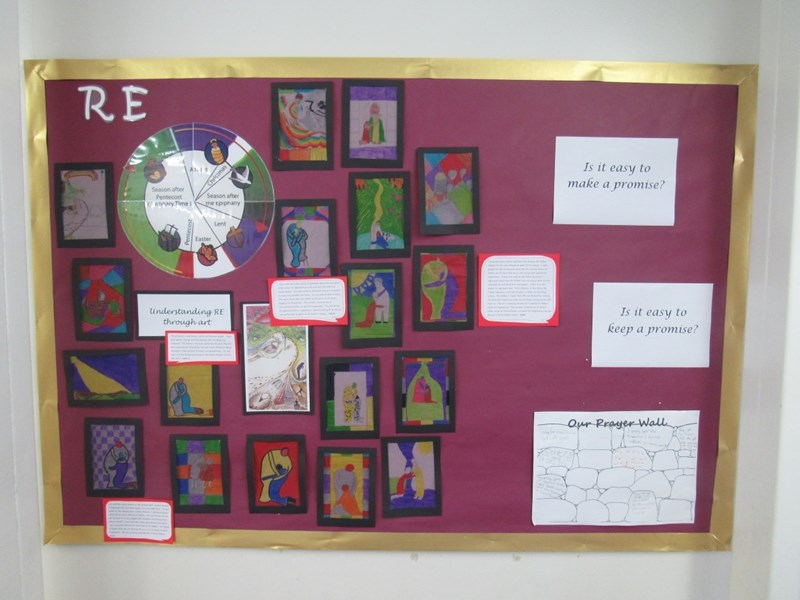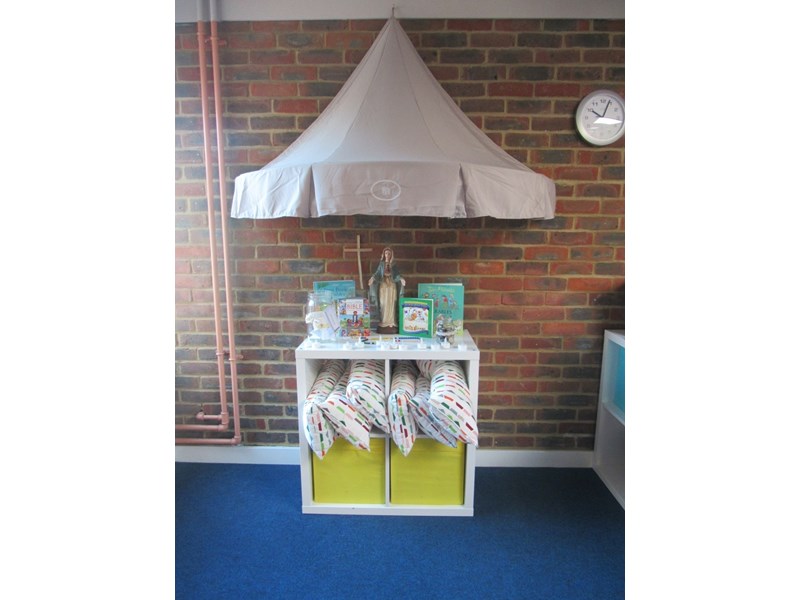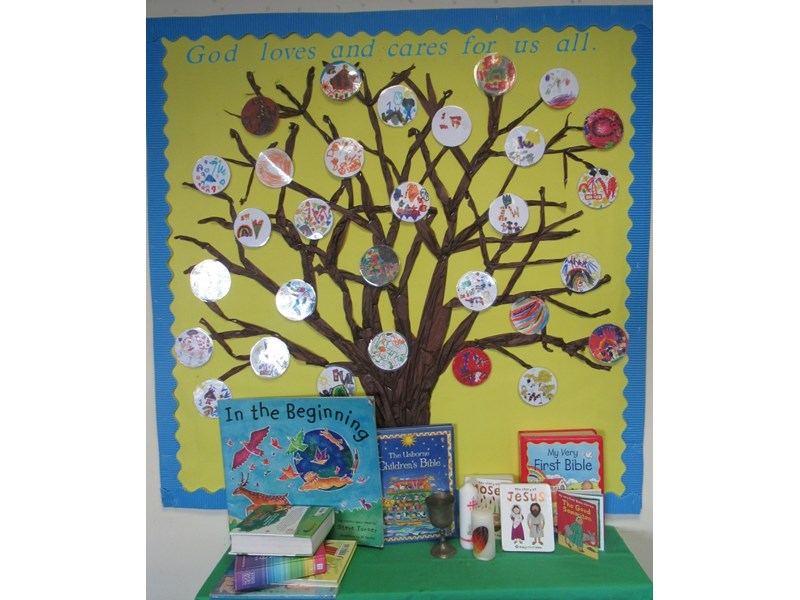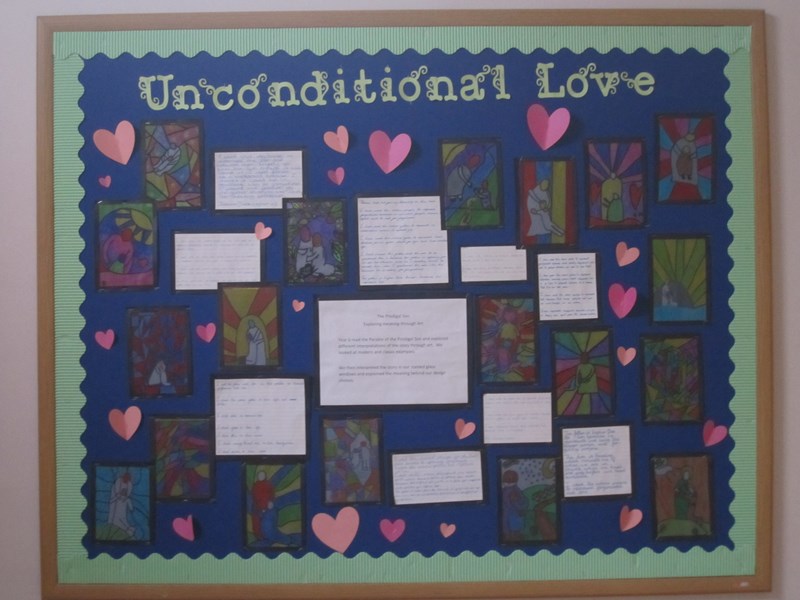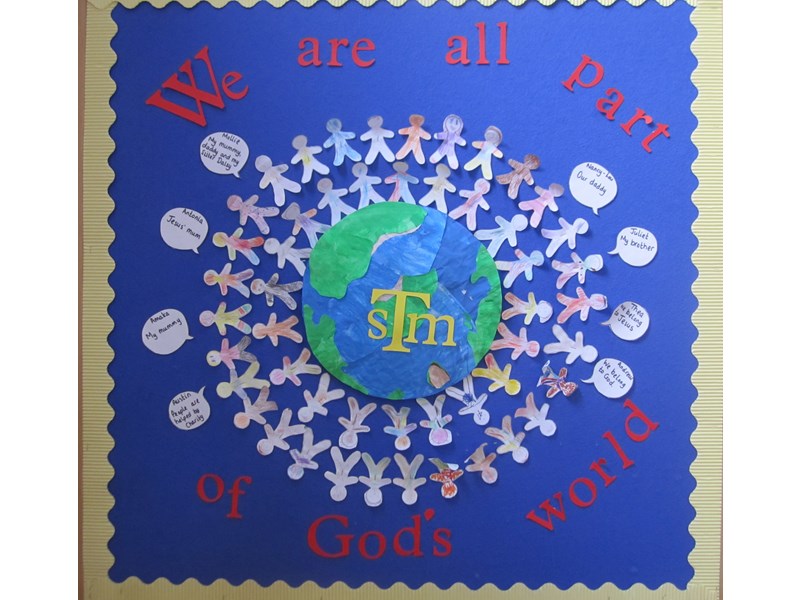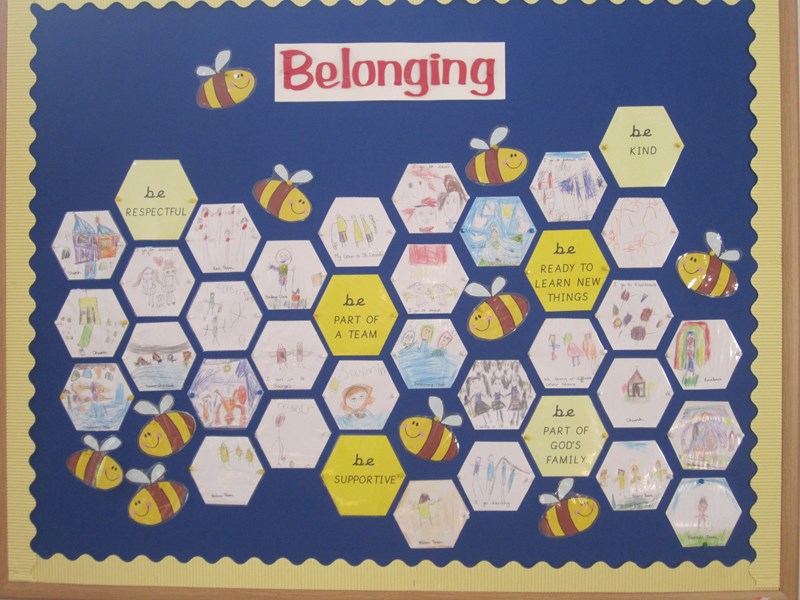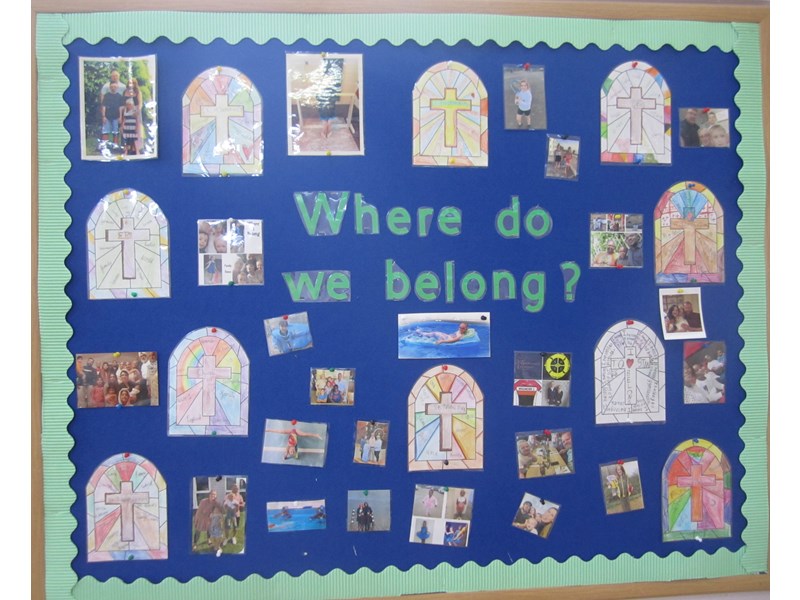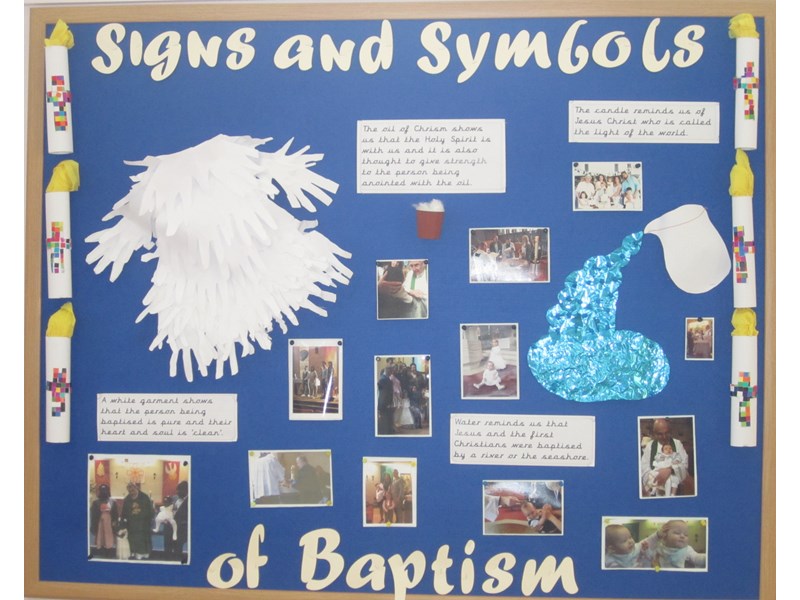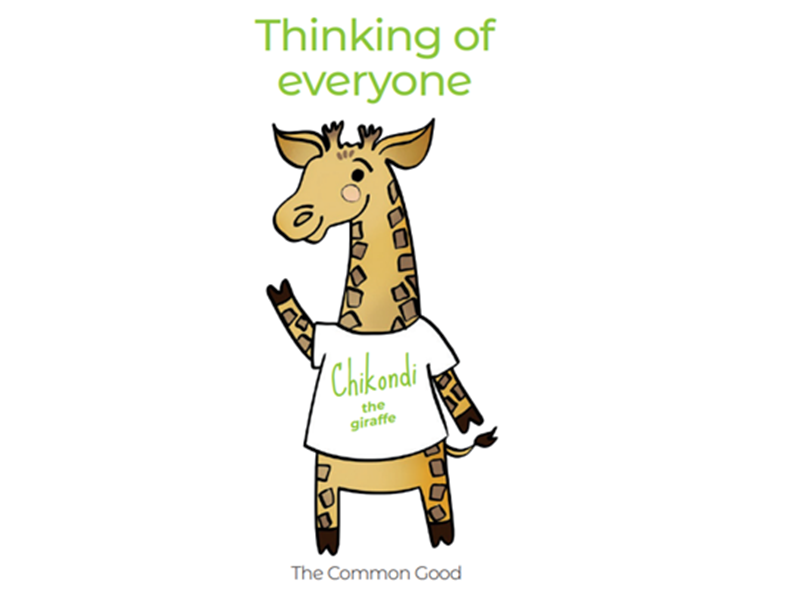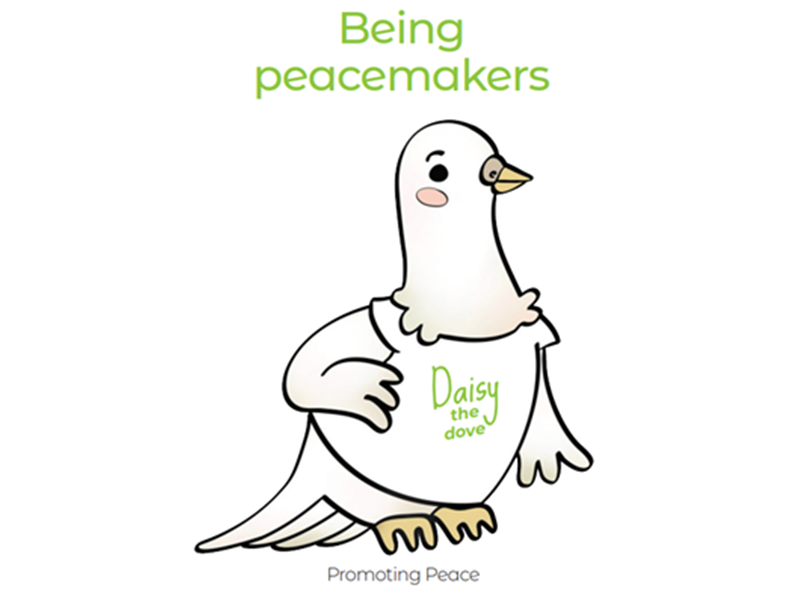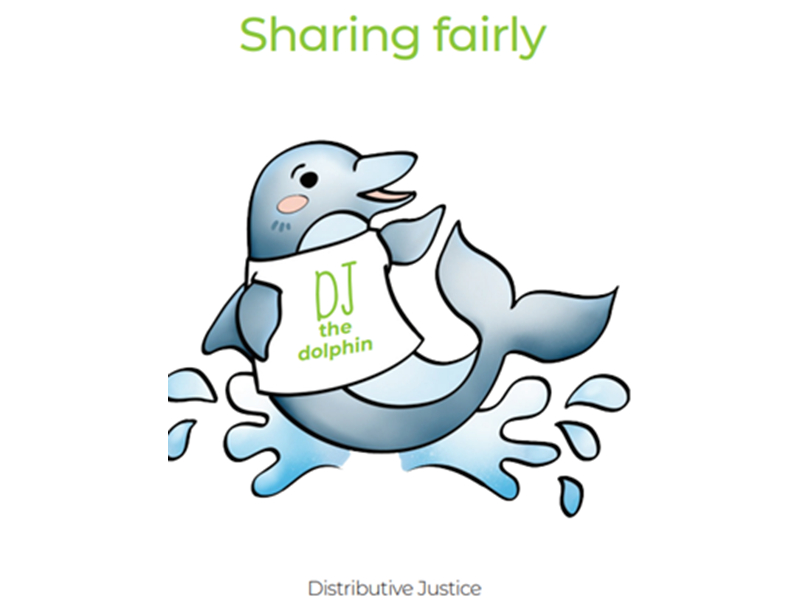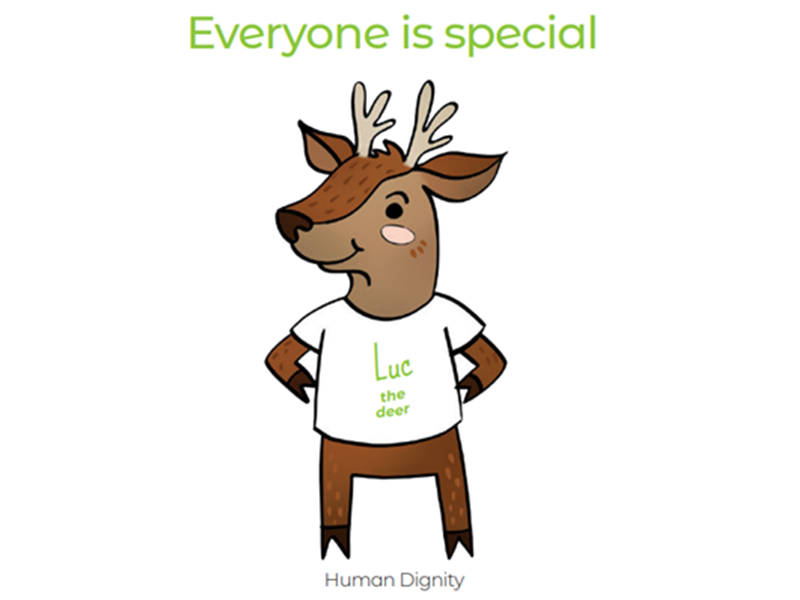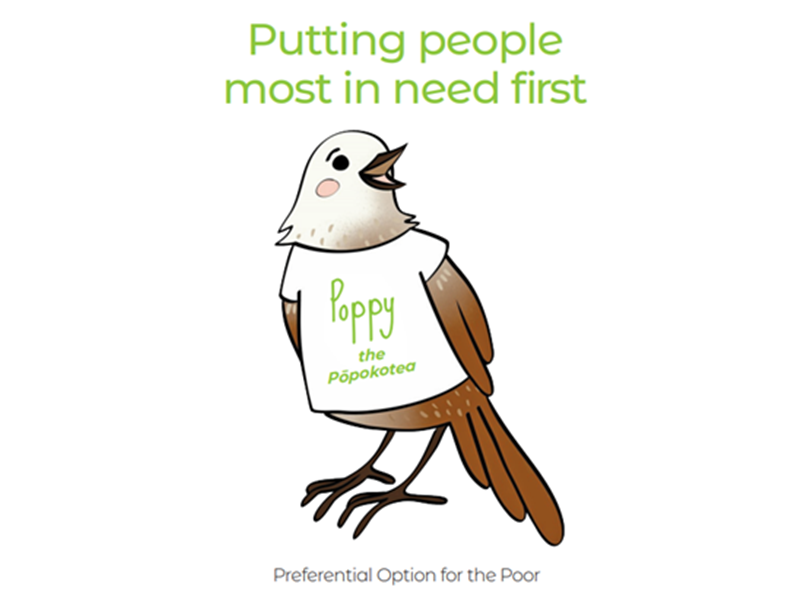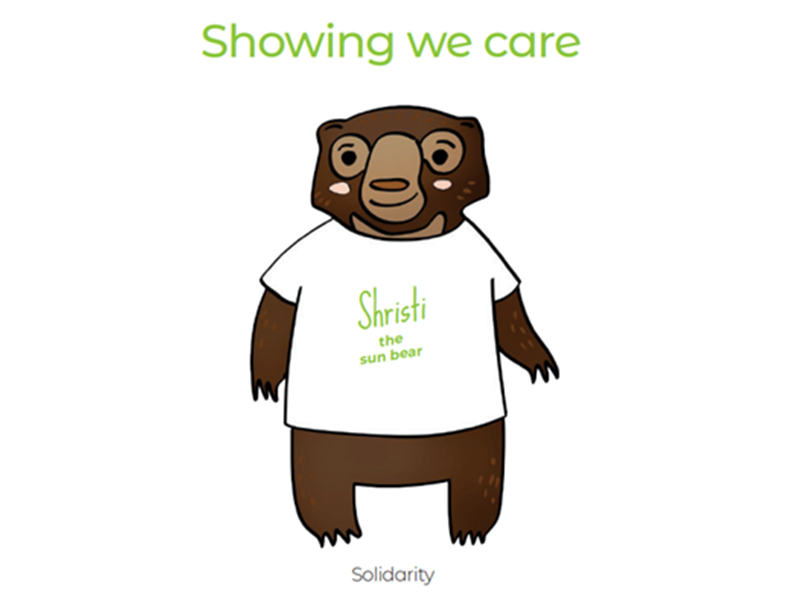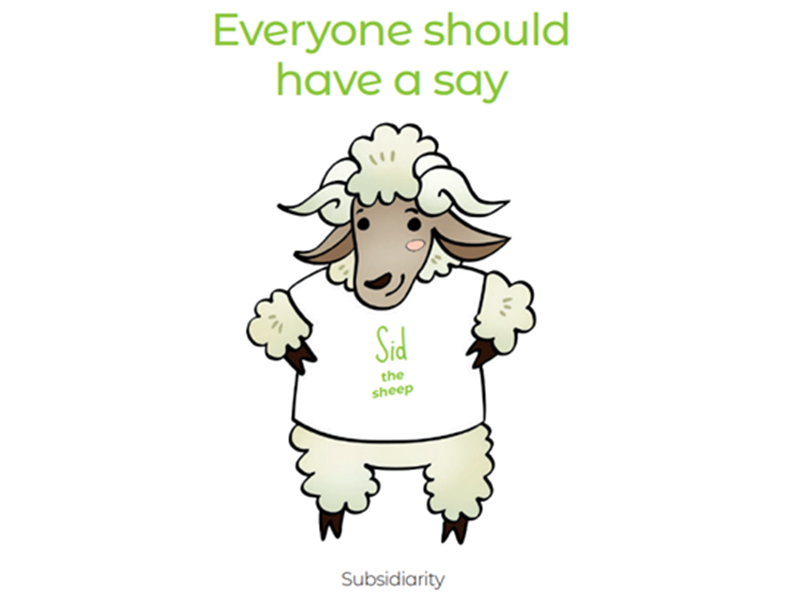Our Religious Ethos
Collective Worship
Collective worship is an instrumental part of our school life at St Thomas More. We celebrate Masses as a school and as a Parish and we have whole school liturgies where we learn from the Gospel and classes liturgies are celebrated with our families reflecting the children’s current RE learning. Collective worship gives us:
A sense of special time.
A sense of special place.
The intention of focusing on matters of worth ‘beyond the everyday’.
A sense of occasion.
Times of collective worship are educational, planned learning experiences and contribute to the education of the children, facilitate spiritual growth and respect of each other’s religious beliefs and their practises. This may be done by evoking the sense of beauty, awe, wonder or feelings of pride, pity, sharing or by exploring the spirituality of life and experience. Collective worship has its own place in the curriculum but it is also spontaneous. The RE Coordinators take a lead in promoting collective worship and they help other children to learn the important prayers that will follow them throughout their lives.
Our Daily Prayers
Morning Prayer
Oh my God you love
You’re with me night and day.
I want to love you always in all I do and say.
I try to please you Father
Bless me through the day.
Amen.
Lunch Prayer
Bless us Oh Lord as we sit together.
Bless the food we eat today.
Bless the hands that made the food.
Bless us Oh God,
Amen.
After Lunch Prayer
Thank you God for the food we have eaten.
Thank you God for all our friends.
Thank you God for everything.
Thank you God.
Amen.
Evening Prayer
Heavenly Father I come to say,
Thank you for your love today.
Thank you for my family
And all the friends you give to me.
Guard me in the dark of night,
And in the morning send us your light.
Amen.
Hail Mary
Hail Mary, full of Grace, the lord is with thee:
Blessed are thou among women,
And blessed is thy fruit of thy womb, Jesus.
Holy Mary Mother of God, pray for us sinners now,
And at the hour of our death.
Amen
Our Father
Our Father, Who art in heaven, hallowed be thy name:
Thy kingdom come, Thy will be doe on earth as it is in heaven.
Give us this day our daily bread,
And forgive us our trespasses, as we forgive those who trespass against us,
Lead us not into temptation:
But deliver us from evil.
Amen.

Catholic Social Teaching
Catholic Social Teaching underpins the essence of our daily school life. As members of the Catholic Church, we are all called upon to preserve the dignity of all human beings, to care for creation, and to reach out to our sisters and brothers in need. Embedded within our Catholic ethos, educational curriculum and golden rules are the nine principles of Catholic Social Teaching.
Dignity
We believe every human person is made in the image and likeness of God. This is a gift that we all share as fellow human beings; we are all infinitely loved by our Creator.
The Common Good
The common good means that the fruits of the earth belong to everyone. No one should be excluded from the gifts of creation.
Participation
Work is an essential part of our human dignity and everyone has the right to participate.
Subsidiarity
We are called to empower communities, to let everyone have a say.
Stewardship
In the first pages of the Bible we read how God created the sun and the stars, the water and earth, and every creature. We believe Christ is the redeemer of all creation. We are guardians of God’s creation, living sustainably and enhancing the wellbeing of our planet.
Solidarity
Solidarity arises when we remember that we belong to each other. We reflect on this in a special way at Mass. The Catechism of the Catholic Church states, “The Eucharist commits us to the poor. To receive in truth the Body and Blood of Christ given up for us, we must recognise Christ in the poorest.”
Option for the Poor
The option for the poor reminds us of God’s preferential love for the poorest and most vulnerable people. God’s love is universal; he does not side with oppressors, but loves the humble.
Distributive Justice
Everyone should have access to their fair share of resources.
Peace
Peace is a cornerstone of our faith. Christ, the Prince of Peace, sacrificed himself with love on the cross.
You are not making a gift of your possessions to the poor person. You are handing over to them what is theirs.
Saint Ambrose (340-397 AD)
